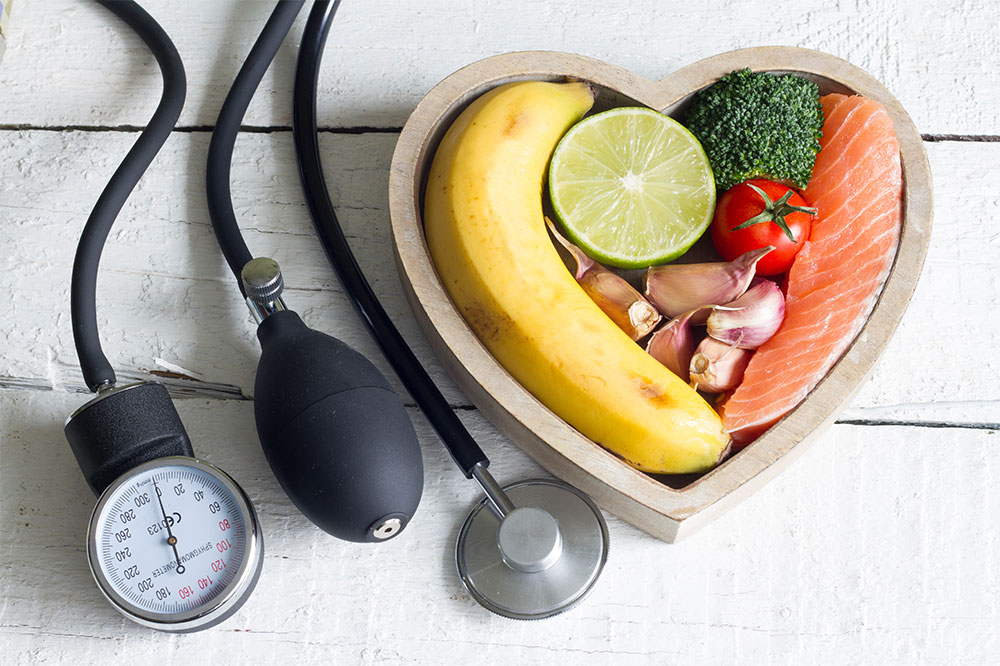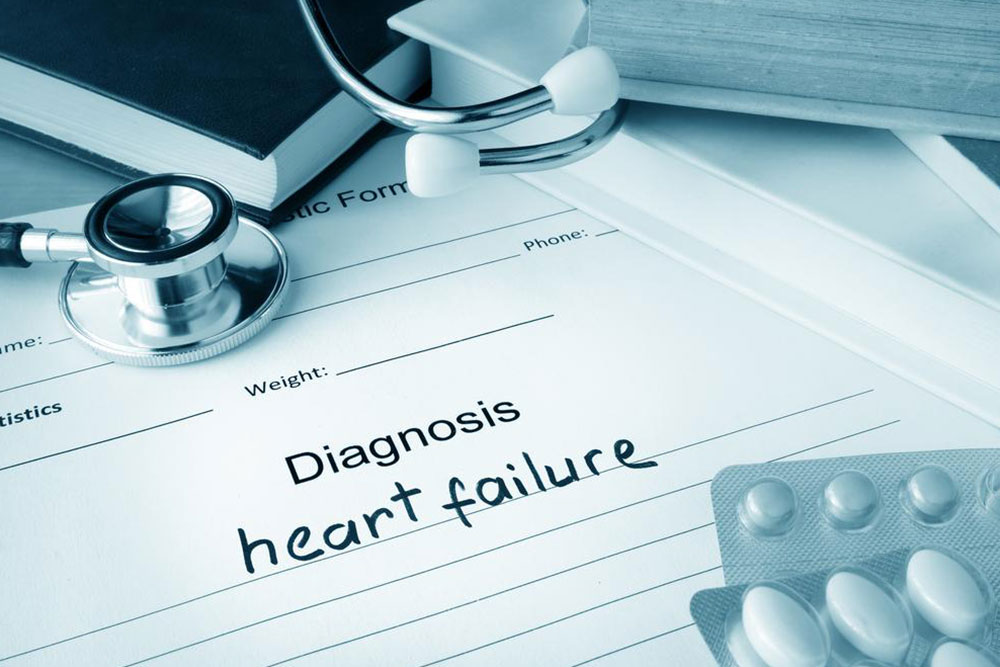Effective Strategies to Lower High Blood Pressure Naturally
Learn effective, natural methods to reduce high blood pressure and prevent associated health risks. This comprehensive guide covers lifestyle changes, diet tips, and when to seek medical advice for managing hypertension successfully.

Effective Strategies to Lower High Blood Pressure Naturally
Managing high blood pressure is essential for reducing the risk of heart disease and stroke. Lowering blood pressure involves more than just cutting salt or exercising; factors like body weight and age also play a role. Fortunately, there are various ways to keep blood pressure in check. This guide covers everything you need to know about controlling hypertension effectively.
Understanding High Blood Pressure and How to Reduce It
Blood pressure measures how forcefully blood pushes against artery walls as it circulates. Elevated levels can lead to severe health problems, including heart attacks and strokes. To lower blood pressure, it's important to reduce arterial pressure, easing the workload on your heart. Lifestyle changes such as regular exercise, balanced nutrition, stress reduction, and the intake of vitamins C and E can help accomplish this.
High blood pressure can harm various parts of the body, making it crucial to manage it properly. When blood pressure is too high, the heart must work harder, which over time damages the heart muscle, possibly leading to heart failure. Moreover, arteries may develop plaque, increasing the risk of strokes and kidney failure. Aneurysms and artery blockages can also occur, heightening the danger of ruptures and cerebrovascular accidents. Implementing preventative measures is vital for maintaining health.
Here are some proven methods to lower high blood pressure effectively:
Weight Management: Losing excess weight reduces the burden on your heart and decreases hypertension risk. Healthy weight loss can prevent heart disease, stroke, and lower cholesterol and triglyceride levels. Incorporate fruits such as oranges, limes, and grapefruits, which naturally help reduce blood pressure.
Reduce Sodium Intake: Excessive sodium causes water retention, elevating blood pressure. Limit processed foods and choose salt-free seasonings to help maintain healthy levels.
Prioritize Quality Sleep: Adequate rest supports healthy blood pressure. Proper sleep ensures your body functions optimally, preventing unnecessary strain on your cardiovascular system.
Stay Hydrated: Dehydration can lead to increased blood pressure. The kidneys release vasopressin to balance water levels, and staying hydrated helps regulate blood volume effectively.
Engage in Physical Activity: Regular exercise, including yoga and aerobic workouts, promotes healthy blood flow. Start gradually and increase activity levels over time, listening to your body's responses.
If you aim to control your blood pressure, consulting a healthcare professional is highly recommended. They can tailor a plan suited to your lifestyle, ensuring safe and effective management. Remember, consistency and personalized strategies are key to maintaining optimal blood pressure levels.










